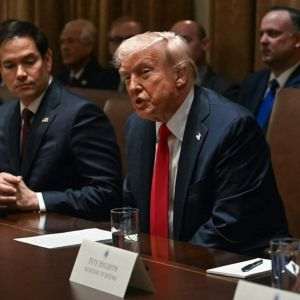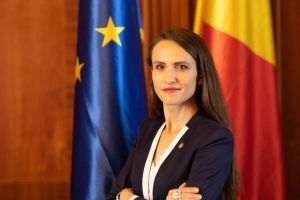The European Commission is preparing to introduce a tax - "fair share" - based on the "senders-pay" concept, according to which the largest traffic generators, such as Netflix or Google, should contribute financially to the maintenance of telecommunications networks in proportion to the traffic they attract him, it is stated in a material published by the website Euractiv.fr, regarding the document "Building the European digital infrastructure of tomorrow", which would be presented by the Brussels institution on Wednesday, February 21, a document that will constitute the basis of consultations with the main actors in this field for the proposal of a new regulation on telecommunications at the EU level. In the cited document, the future of telecommunications is linked to a process of "softwareization" or "cloudification" of the telecommunications market.
In addition, the EU Executive claims that "it is essential that all actors in the digital network ecosystem (...) cooperate for the efficient use of resources", citing the carbon footprint, transparency of emissions and the ecological impact of video viewing quality.
The European Commissioner for the Single Market, Thierry Breton, described this future regulation as a "digital networks regulation" (Digital Networks Act - DNA).
The quoted source also says that Laure de la Raudière, the president of ARCEP, the French telecommunications regulator, and a member of the Body of European Regulators for Electronic Communications (BEREC), suggested in an interview in late January that it was agree with the idea of big tech companies being financially responsible for their environmental footprint. According to her, the digital giants are particularly responsible for uploading movies in very high definition by default on video streaming platforms like Netflix. Also, videos from social networks are automatically cached to allow automatic and continuous playback, especially on Instagram, TikTok or YouTube. Consequently, the increase in traffic leads to the purchase of terminals, responsible for 80% of the digital carbon footprint, says Laure de la Raudière, according to the cited source.
The document that the European Commission will present on Wednesday on the telecommunications market would have focused on market deregulation, cloudification, infrastructure resilience and spectrum use, according to sources who closely followed the drafting of the document. The Commission has identified "around 50 mobile operators and over 100 fixed operators in the EU" and laments the lack of European operators active across borders. The document does not clearly suggest a deregulation of European telecommunications legislation, but rather a rethinking of the legislation.
However, according to telecommunications legal expert Innocenzo Genna, interviewed by Euractiv, the European Commission's proposal aims to phase out EU telecommunications legislation. Through the recommendations made, the Commission will put pressure on national telecommunications regulatory authorities so that they "do not apply price regulation to fixed network operators", as this would contravene the European Electronic Communications Code and complicate the cross-border integration of telecommunications operators.
Given that "how spectrum is managed and used in a Member State has an impact on the internal market as a whole" and that it plays a central role in the future of communications, the Commission suggests strengthening " coordination at the level of the auction calendar and the authorization of new frequency bands" and the consideration of uniform criteria "for the coordination of authorization procedures".
According to the quoted source, the European Commission's working document states: "Cars that communicate with each other, doctors that treat their patients remotely and other innovations that will make life easier for businesses and improve that of citizens depend on the availability of a efficient digital infrastructures".
The Commission defines this process as the convergence of cloud infrastructures and telecommunications services. This process "raises the question whether actors (...) should not be subject to rules applicable to all", and Brussels officials point out that "recent technological changes offer the possibility to align the activities of electronic communications and cloud services with the development of network operators pan-European basis".
In order for all companies to be able to rely on autonomous 5G or fiber optic communication services, the Commission has calculated that investment needs would amount to more than euro200 billion, an amount already announced in the "European Digital Decade" report. In these conditions, Commission officials do not know whether "telecommunications operators will be able to find this necessary financing" due to investor reluctance caused by the fragmentation of the European telecommunications market.

























































